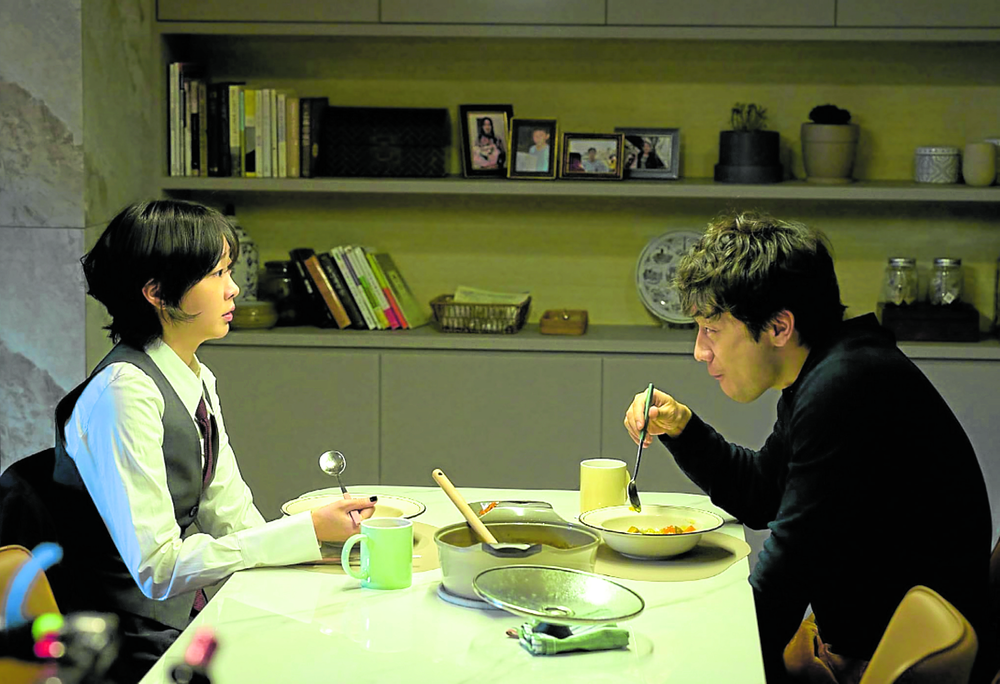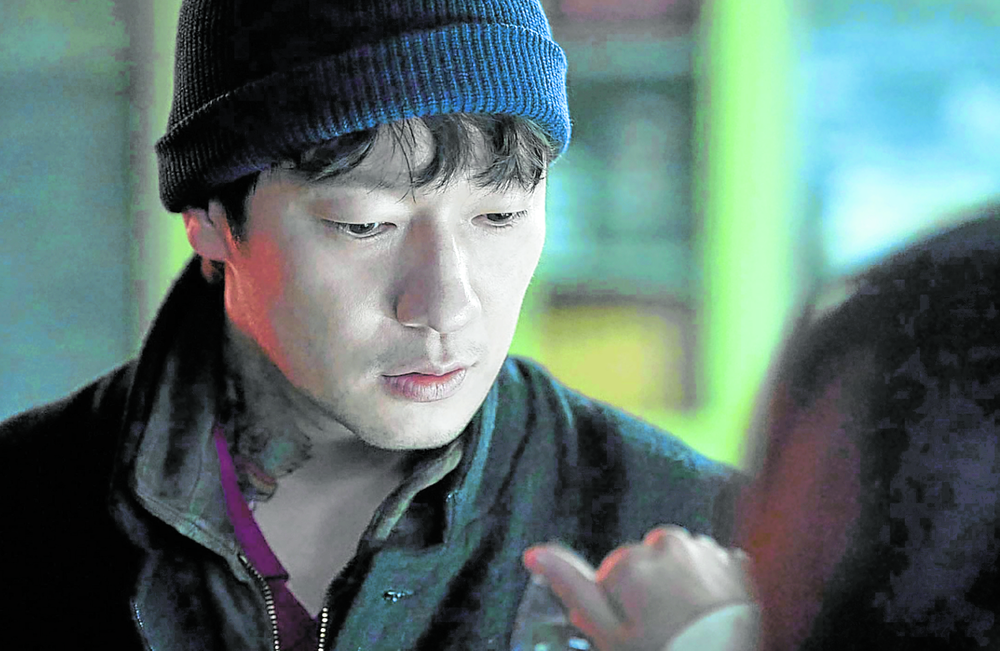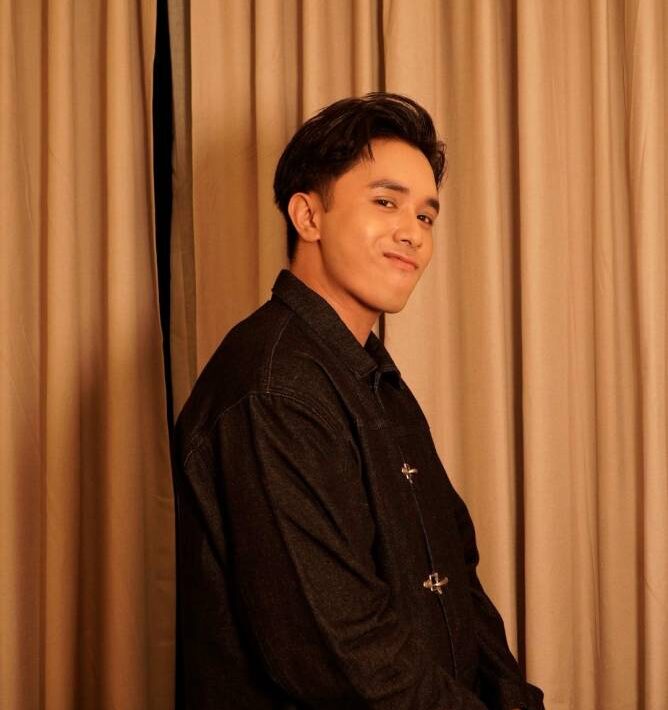Kim Da-mi’s sweet smile that shatters alibis

Kim Da-mi has found her niche: a deceptively cute girl who could transform into a cold, bright—and slightly unhinged—character in an instant. She has already mastered playing this to such perfection that it almost comes naturally to her.
She plays a gifted profiler in the Disney+ psychological crime thriller “Nine Puzzles,” and Kim embraces the duality of the character with ease. She disarms suspects with her sweet smile, lulling them into safety using her own tragic backstory before piercing through their defenses. As Ena, she is vulnerable, calculating, and utterly brilliant at extracting confessions from them.
“I read the entire script in one sitting and I couldn’t stop. It’s got that classic curiosity of trying to find whodunit,” said Kim. “They’re not the classic profilers or detectives. So I knew that this was going to be a nice challenge for me to take up as an actress.”

The show is a slow-burning mystery that follows Kim and her unlikely crime-solving partner, Son Suk-ku, who plays the detective Hansaem. Their chemistry makes it an enjoyable show, given that Hansaem does not like Ena and suspects her of being the perpetrator of the first crime he couldn’t crack. She sticks close to him, crossing boundaries much to his irritation, but also earning his respect in the process. It feels toxic, but eventually he starts relying on her.
Son, for his part, grounds the dynamic by offsetting her lack of boundaries with his unbending intensity and dogged determination. Son takes measured steps while Kim strikes fearlessly. Sometimes it feels like he’s an uncle tailing his wayward niece, making sure she doesn’t get into trouble. Their relationship is the show’s strongest element.
Moody
“Hansaem earned the nickname team leader Batman. I think that’s because he’s very mission-driven, but he’s someone who has a big heart. He visits the victims’ families at their funerals,” said Son.

Director Yoon Jong-bin crafts a moody, deliberate atmosphere. The pacing can be a little frustrating, but it rewards the viewers who stay on. Each episode adds a new layer to the mystery. Sometimes it’s informative and helps you draw your own conclusion; sometimes it throws you off because of the misleading information. But everything is connected, and you are given a literal puzzle to solve.
“Nine Puzzles” lacks the dramatic outbursts we’ve come to associate with typical crime thrillers. It shows restraint in many aspects, including the delivery of twists. But it suits the theme of grief, guilt, and the unreliability of our minds.
Some of the characters are introduced only to fade into insignificance. If this is a metaphor for Ena’s mind, then we understand why we suddenly lose characters. Ena’s memories offer not just answers but also closure.
“Nine Puzzles” might not be for everyone, but it is a treat for those who like thoughtful, character-driven mysteries. It’s also a good addition to the growing list of Korean thrillers to date. It invites viewers to look closer, not just at the crime, but at the scars it leaves behind.





















